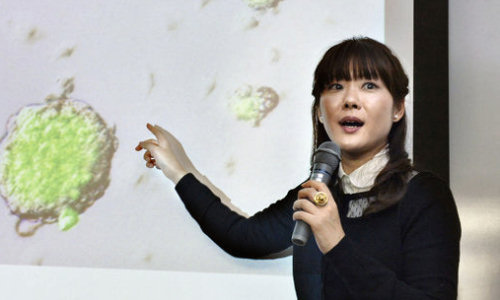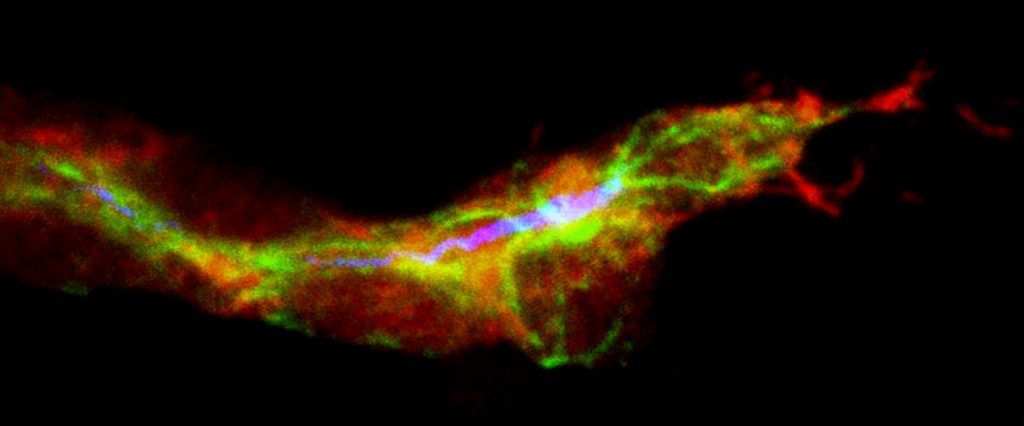A Japanese government-funded laboratory says it has found data in a widely heralded stem-cell research paper was falsified, holding one researcher responsible for the fabrication.
Haruko Obokata, the lead author of a widely heralded stem-cell research paper, speaks about her research results on stimulus-triggered acquisition of pluripotency (STAP) cells during a press conference in Kobe, western Japan. (AP Photo/Kyodo News)
The research results were seen as a possible groundbreaking method for growing tissue to treat illnesses such as diabetes and Parkinson’s disease using a simple lab procedure
Scientists at the RIKEN research institute said Tuesday that discrepancies in research published in January in scientific journal Nature stemmed from image manipulation and data fabrication.
They said researcher Haruko Obokata, the lead author of the paper in Nature, had manipulated or falsified images of DNA fragments used in the research.
The scientists said three other co-authors of the papers had not falsified the data but were still “gravely responsible” for failing to fully verify the research findings.
Story Source:
The above story is based on materials provided by AP, Elaine KURTENBACH.





